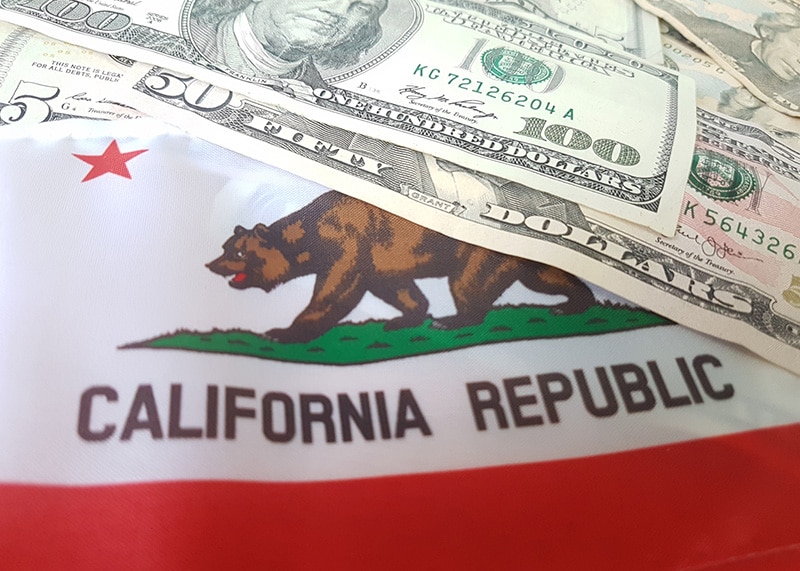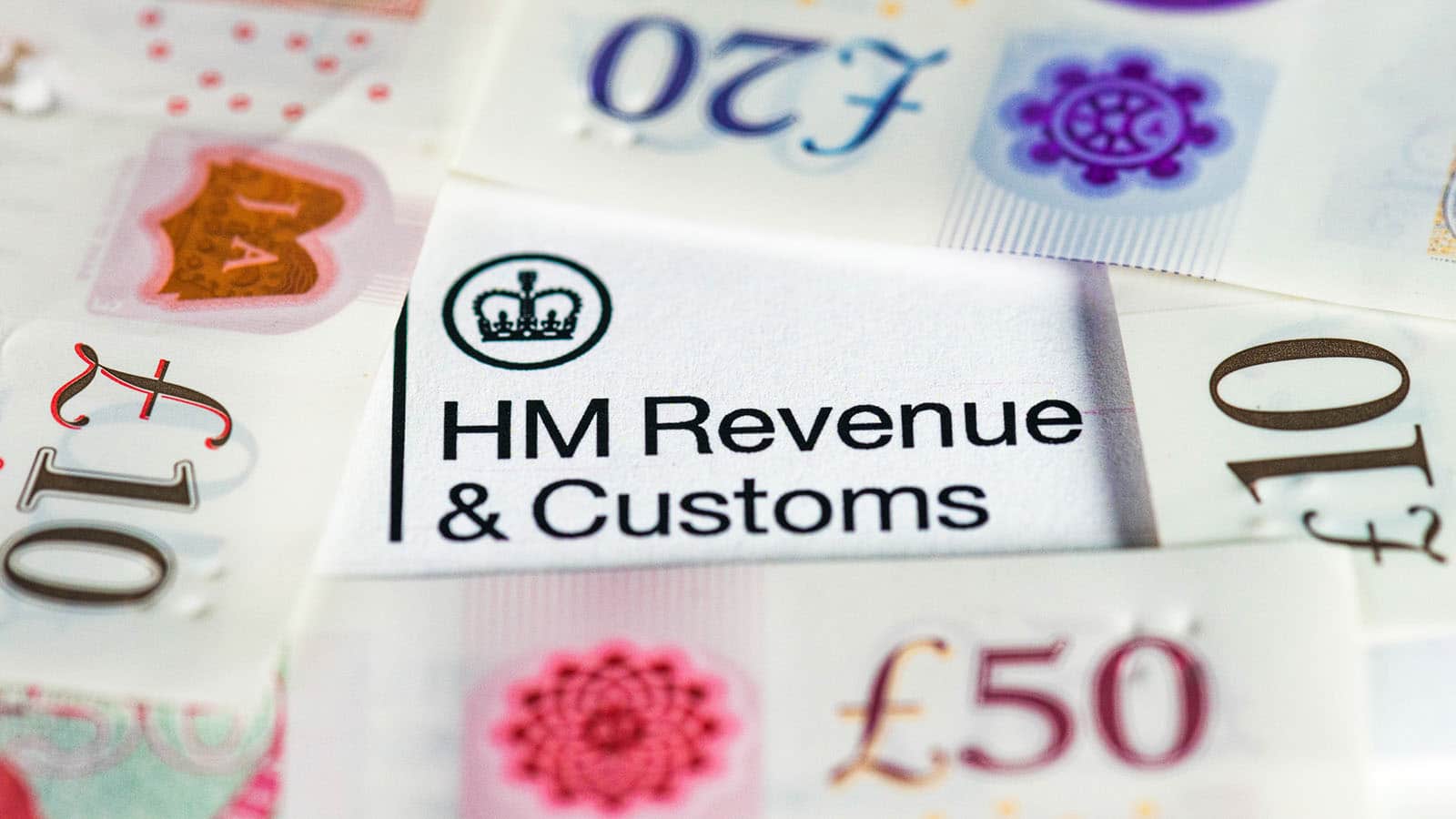How to Report Corporate Misconduct: A Comprehensive Guide for Whistleblowers
Corporate misconduct occurs when companies, board of directors, executives, or its employees engage in unethical or illegal activities to gain a competitive or financial advantage. Whistleblowers are generally the first to expose such activities, given their proximity to internal company communications and data. If you're thinking of blowing the whistle, read our guide to learn more about the process.
May 14, 2025

This information is provided for educational purposes only by Kohn, Kohn & Colapinto and does not constitute legal advice. No attorney-client relationship is created by accessing this content. Laws and regulations may change, and this material may not reflect the most current legal developments. If you believe you have a whistleblower claim, consult a qualified attorney to discuss your specific circumstances.
Introduction: Understanding the Importance of Whistleblowing
Whistleblowing is the most effective tool in exposing and deterring corporate misconduct. This is because employees within corporations often have direct access to data and information about wrongdoing.
They are often the first to witness and report illegal activities within organizations, making them the most effective source for detecting fraud and corruption. Studies show they detect significantly more misconduct than professional auditors. This can be anything from financial fraud, to bribery, corruption, theft, and even retaliation and discrimination.
By coming forward early, whistleblowers allow for quicker intervention and prevention of further damage, potentially saving significant financial losses. Laws that offer confidentiality, financial rewards, and protection from retaliation encourage individuals to step forward despite personal and professional risks. The success of whistleblower programs in countries like the US demonstrates the effectiveness of these incentives.
In this guide, we'll explore how insiders at corporations can report corporate misconduct and potentially qualify for whistleblower awards and protection under various U.S-based programs. Continue reading to learn more!
What is Corporate Misconduct?
Corporate misconduct can be defined as unethical, illegal, or irresponsible activity carried out by a company or employee. Misconduct generally involves a violation of laws, regulations, or rules. Some of the most common types of misconduct include:
- Unethical Behavior: This may include any behavior that goes against moral principles and standards of business. This may include committing fraud, engaging in bribery, lying to investors, and other types of shady behavior.
- Illegal Activities: Actions that violate local, national, or international laws, such as securities and commodities laws, anti-money laundering laws, health and safety laws, among others that pose a risk to investors or the public.
- Irresponsible Actions: Behaviors that disregard the well-being of stakeholders, including employees, customers, investors, and the wider community. This could involve neglecting safety protocols or failing to protect stakeholder interests.
Corporate misconduct often involves a disregard for rules. Those who engage in corporate misconduct aim to deceive another to gain a competitive advantage or for personal financial gain. This type of behavior can cause serious harm to investors, and bring significant reputation damage to a company, which can take decades to resolve.
Types of Corporate Misconduct
Understanding corporate misconduct is crucial for fostering ethical business practices, ensuring legal compliance, and protecting stakeholders from harm. Examples include:
- Financial Fraud: Manipulating financial statements, accounting fraud, insider trading, and fraudulent statements.
- Bribery and Corruption: Offering or accepting bribes to influence business decisions, such as obtaining or retaining business.
- Conflicts of Interest: Executives or board members taking actions that benefit their personal interests at the expense of the company and its shareholders.
- Sexual Harassment and Discrimination: Creating a hostile work environment and unfair treatment based on protected characteristics.
- Health and Safety Violations: Failing to adhere to safety regulations, putting employees and the public at risk.
- Abuse of Power: Workplace bullying, intimidation, or unfair treatment by individuals in positions of authority.
- Environmental Violations: Polluting or damaging the environment in violation of regulations. Examples include the Volkswagen emissions scandal.
- Lack of Transparency: Withholding important information from stakeholders or operating with excessive secrecy.
- Data Breaches: Failing to protect sensitive customer or employee data, leading to potential harm.
- Retaliation Against Whistleblowers: Punishing employees who report misconduct.
These are just a few of the most common types that we've seen in our nearly four decades of practicing whistleblower law. If you see something that you believe is unethical, get in touch with our corporate fraud attorneys today for a free consultation.
Before You Blow the Whistle: Essential Considerations
Blowing the whistle is a complex process that is best done with the help of a whistleblower attorney. And the rules and requirements differ greatly depending on the corporate misconduct you’re reporting.
Before coming forward, you should ask yourself “Is what I’m reporting truly misconduct?” If you’re unsure, you can reach out to a whistleblower attorney to get answers to your questions. Many work on a contingency basis, so it doesn’t hurt to reach out.
Some things you’ll want to take into consideration also include:
- Evidence: Regulators will investigate cases that appear to have clear and substantial evidence. Before blowing the whistle, you’ll want to work with an attorney to determine if you have enough evidence, but also gather evidence (documents, emails, photos, witness statements), and begin developing a timeline of the potential corporate misconduct that took place.
- Evaluate Risks: Blowing the whistle may result in retaliation from your employer (demotion, firing, harassment) and have an impact on your career and personal life. You should be prepared for this and learn about your rights against employer retaliation, which is absolutely prohibited under most federal laws.
Once you’ve fully grasped the implications of whistleblowing and spoken with a whistleblower attorney (highly recommended), you’ll want to dive deeper into understanding your rights and protections. Below is a list of the laws most whistleblowers use when reporting corporate misconduct.
Whistleblower Award Programs
This section outlines key federal laws that offer protections and incentives for individuals who report corporate misconduct and other wrongdoing. Understanding these laws is crucial for whistleblowers to navigate the reporting process and protect themselves from potential retaliation.
Dodd-Frank Act
Enacted in response to the 2008 financial crisis, the Dodd-Frank Act aims to promote financial stability and protect consumers. A significant component of the Act establishes robust incentives and protections for individuals who report potential violations of federal securities laws to the Securities and Exchange Commission (SEC) and the Commodity Futures Trading Commission (CFTC).
Key Protections and Incentives
- Monetary Awards: Whistleblowers who provide original information that leads to successful enforcement actions resulting in sanctions exceeding $1 million may be eligible to receive between 10% and 30% of the monetary sanctions collected.
- Anti-Retaliation Provisions: The Act prohibits employers from retaliating against whistleblowers for providing information to the SEC or CFTC, assisting in their investigations, or making internal reports protected under the Act.
- Confidentiality: The SEC and CFTC have procedures to protect the confidentiality of whistleblowers.
Types of Misconduct Covered
This includes a broad range of financial wrongdoing, such as:
- Market manipulation
- Insider trading
- Pump-and-dump schemes
- Precious metals fraud and manipulation
- Accounting fraud
- False or misleading statements to investors
- Violations of the Foreign Corrupt Practices Act (FCPA)
False Claims Act (FCA)
The FCA is a powerful tool that allows individuals (known as "qui tam relators") to file lawsuits on behalf of the government against those who have fraudulently billed or overcharged the federal government. While not directly targeting "corporations" in their entirety, it significantly impacts corporations that engage in contracts or receive funding from the government.
Key Provisions for Whistleblowers (Relators)
- Qui Tam Provisions: The qui tam provision allows private citizens to bring an action in the government's name.
- Monetary Rewards: If the lawsuit is successful, the relator is typically eligible to a portion of the recovered funds, which is between 15% and 30%.
- Anti-Retaliation Provisions: The FCA protects employees from retaliation (e.g., being fired, demoted, harassed) by their employers for reporting or assisting in an FCA investigation.
Examples of Corporate Contracting Fraud
- Healthcare Fraud: This includes upcoding, unbundling, and kickbacks.
- Defense Contracting Fraud: Providing defective products, submitting false invoices, bid-rigging, and misrepresenting the quality or quantity of goods or services.
- Other Government Contract Fraud: Overcharging for services, billing for services not rendered, and fraudulently obtaining government grants or loans.
FinCEN Whistleblower Program
Established under the Anti-Money Laundering Act of 2020, this program directly incentivizes and protects individuals who provide original information to the Financial Crimes Enforcement Network (FinCEN) regarding violations of the Bank Secrecy Act (BSA).
Key Protections and Incentives
- Monetary Awards: Whistleblowers who voluntarily provide original information that leads to successful enforcement actions resulting in penalties exceeding $1 million may be eligible to receive between 10% and 30% of the collected penalties.
- Anti-Retaliation Provisions: The program protects whistleblowers from retaliation by their employers for reporting BSA violations to FinCEN, the Department of Justice, or their employer.
- Confidentiality: FinCEN has procedures to maintain the confidentiality of whistleblowers. Through the FinCEN Whistleblower Program, you may submit tips anonymously, but you must have a licenses U.S. attorney file the claim on your behalf.
Types of Violations Covered
This includes a wide range of BSA violations, such as:
- Failure to establish and maintain an adequate AML program.
- Failure to file Suspicious Activity Reports (SARs).
- Structuring transactions to evade reporting requirements.
- Violations related to currency transaction reports (CTRs).
- Other violations related to money laundering and terrorist financing prevention.
IRS Whistleblower Program
The IRS whistleblower program encourages individuals to report potential tax fraud and underpayment to the Internal Revenue Service (IRS). It offers financial rewards for providing information that leads to the successful collection of substantial tax underpayments.
Key Protections and Incentives
- Monetary Awards: If the information provided leads to the IRS recovering over $2 million in tax, penalties, interest, or other amounts, the whistleblower may receive between 15% and 30% of the collected proceeds. For smaller cases, a lower percentage may apply.
- Anti-Retaliation Provisions: While the protections are less comprehensive than some other whistleblower laws, the IRS program does offer some protection against retaliation in certain circumstances.
- Confidentiality: The IRS has procedures to protect the identity of whistleblowers to the extent possible under the law, but does not allow for anonymous tips.
Types of Tax Misconduct Covered
This includes various forms of tax evasion and fraud, such as:
- Underreporting income
- Hiding assets offshore
- Claiming false deductions or credits
- Engaging in complex tax avoidance schemes
- Failure to pay taxes owed.
By understanding these key laws, potential whistleblowers can better assess their rights, potential rewards, and the protections available to them when reporting corporate misconduct or other illegal activities. It is highly recommended that you consult with an experienced whistleblower attorney to discuss their specific situation and legal options.
Reporting Corporate Misconduct
Blowing the whistle involves careful consideration of where and how to report, as well as understanding how to protect yourself throughout the process.
- Step 1 – Seek Legal Assistance: Consult a whistleblower attorney before reporting if possible. They can advise on your rights, risks, best reporting strategies, and protect you from the outset.
- Step 2 – Document Everything: Keep detailed records of any communications, changes in your work environment, or perceived retaliation.
- Step 3 – Determine Reporting Channel: Determine whether you'd like to report your concerns to an internal hotline, or report externally to an agency (e.g., SEC, IRS, OSHA, EPA, Department of Justice).
- Step 4 – Filing Your Report: File your report completely and accurately according to the required reporting procedures the agency has set forth.
- Step 5 – Cooperation with Investigators: Once your report is submitted, cooperate fully with any government agency investigations. Your attorney will guide you through this process.
For a complete step-by-step overview of the reporting process, we suggest reading our guide Reporting Fraud: A Guide for Whistleblowers, which goes into greater detail of the process. But as we mentioned before, the process is very complex and we suggest reaching out to our firm for legal assistance to better understand your options.
Seeking Legal Guidance
If you have witnessed potential corporate misconduct and are considering reporting it, contacting a specialized law firm like Kohn, Kohn and Colapinto can be a crucial step.
Our experienced whistleblower attorneys offer a free initial consultation to evaluate your information and determine if it may warrant investigation by relevant authorities. We can also assess your potential eligibility for whistleblower awards and protection under programs like those discussed in this guide.
Beyond this initial assessment, our firm provides comprehensive legal support, including strategizing the presentation of your information, navigating complex regulations, and assisting with award applications and appeals. We are committed to advocating for our clients and protecting their rights throughout the entire process.
Why Choose Our Firm
With over three decades of experience since 1988, KKC has a proven track record of successfully handling complex whistleblower fraud cases. Our expertise, dedication to our clients, and deep understanding of the whistleblower landscape make us trusted partners for individuals seeking legal representation.
We often work on a contingency fee basis, meaning you typically only pay if we achieve a successful outcome in your case. To explore your legal options and speak with our team, please fill out the intake form below.
Our Firm’s Cases

$104 Million Reward
As an international banker at UBS in Switzerland, Bradley Birkenfeld exposed a massive tax evasion scheme, leading UBS to disclose over 4,450 U.S. tax evaders and pay a $780 million fine to the IRS. He was awarded $104 million by the IRS for his information.

$7 Million Exposed
This case study examines the successful use of the California False Claims Act by our whistleblower client James Connolly, who held multinational bank HSBC accountable for defrauding the California Public Employees’ Retirement System (CalPERS), a public pension fund, out of $7 million.

$30 Million Award
Protecting the confidentiality of Wall Street whistleblowers is among the most important breakthroughs in federal whistleblower law. Under the Dodd-Frank Act, whistleblowers can file anonymous cases, and everything about their case, including who they sued, remains secret.




